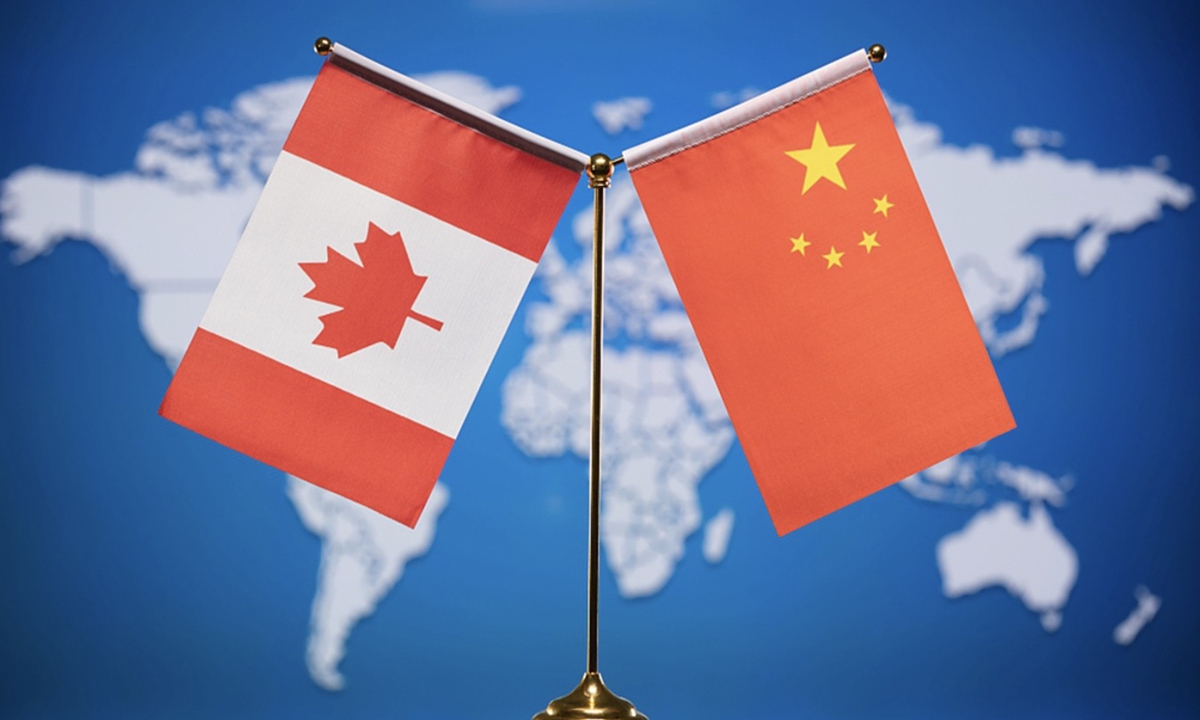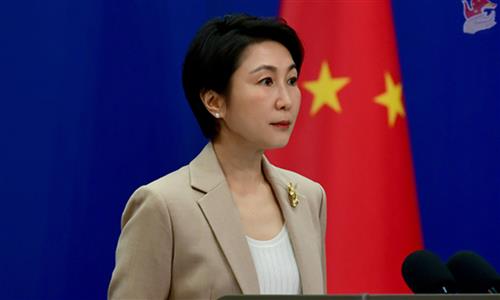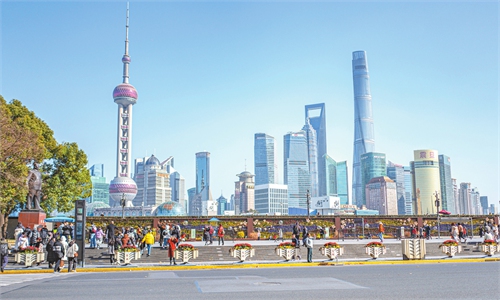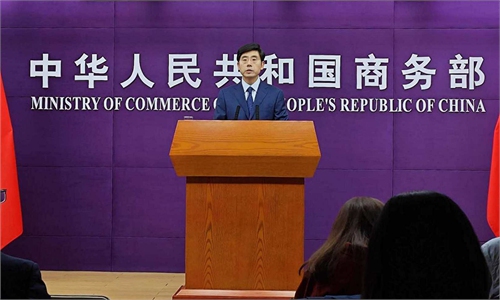
China Canada Photo: VCG
As trade diversification emerges as a crucial strategy for many countries to mitigate the impact of US tariff policies, Canadian politicians' promotion of values-based trade represents not just a missed opportunity for its own economic development, but toxic contamination of global economic and trade collaboration.
Canadian Prime Minister Mark Carney said on Wednesday that the US government's tariff threats meant that his country needed to diversify its trade, while noting that China does not share Canadian values when it comes to trade and Canada needs to be very careful about boosting bilateral commercial ties, Reuters reported.
It is unsurprising to see such talk of tying trade policy to values from Canadian politicians, as Canada has been long known for championing "values-based diplomacy." However, this values-based approach to trade, which represents a profound disconnect between political rhetoric and economic reality, will do no good to Canada's economy but will instead make it an accomplice in undermining the global trade order and eroding the foundation of the multilateral trade system.
The values-based trade narrative constructed by Western countries is fundamentally a manifestation of hegemonic thinking. These countries often position Western freedom and democracy as superior while imposing their value systems onto others. Countries with different systems, such as China, are unilaterally deemed "untrustworthy" trading partners. This approach is not rooted in genuine fairness or mutual respect but rather seeks to moralize values as a pretext for justifying selective trade partnerships.
The insistence on tying trade policy to values creates implicit biases against developing nations, including Asian countries, implying their systems or cultures are "substandard." This is fundamentally at odds with the core principles of global trade, which should prioritize mutual benefit and cooperation over rather than ideological proselytization.
Ironically, Canada finds itself grappling with significant tariff pressures from its closest "value-aligned" ally, the US, which underscores the fragility of this ideological trade architecture. For years, Ottawa has endeavored to strengthen its ties with Washington under the so-called "friend-shoring" strategy and through various geopolitical alignments. However, the US government's protectionist policies, particularly the threats of punitive tariffs on Canadian imports, have fundamentally destabilized Canada's trade prospects. Canada used to seek to achieve trade stability and economic resilience through close cooperation with the US, but in light of these developments, it must now reassess its partnerships and explore alternative avenues for fostering economic growth.
Yet, Ottawa's contradictory approach of seeking trade diversification while screening partners based on values means that it cannot treat its trading partners fairly, raising questions about its true attitude toward addressing current trade challenges.
China remains Canada's largest Asian trading partner, with bilateral trade in 2024 reaching C$133.3 billion, a 6.1 percent year-on-year increase despite certain trade conflicts. Even during periods of conflict, China-Canada trade continues to dwarf Canada's trade with any other Asian country.
That means, if Canada truly seeks trade diversification, China remains an indispensable partner for it strengthening ties with. Yet Canadian politicians' rhetoric that "the partners in Asia that share our values don't include China" exposes not only their disregard for economic realities but also reveals the dilemma of its economic development being held hostage by geopolitics.
Canada stands at a crossroads and its future path remains an unanswered question. What is certain, however, is that China will not tolerate politicized trade policies that undermine its interests. China consistently upholds principles of fairness, openness, and inclusivity in global trade, firmly opposing protectionism and unilateralism in all forms. Meanwhile, China will also take necessary steps to firmly safeguard the lawful rights and interests of Chinese companies.
For instance, in early March, China announced tariffs on certain Canadian imports after the Ministry of Commerce announced a ruling on an anti-discrimination investigation into Canada's tariff increases on Chinese electric vehicles and steel and aluminium products.
If Canada wants to find a way out for its economy and trade, it needs to abandon the wrong practice of politicizing China-related trade issues and return to a pragmatic path instead of indulging in the fantasy of building a value-based trade network.



